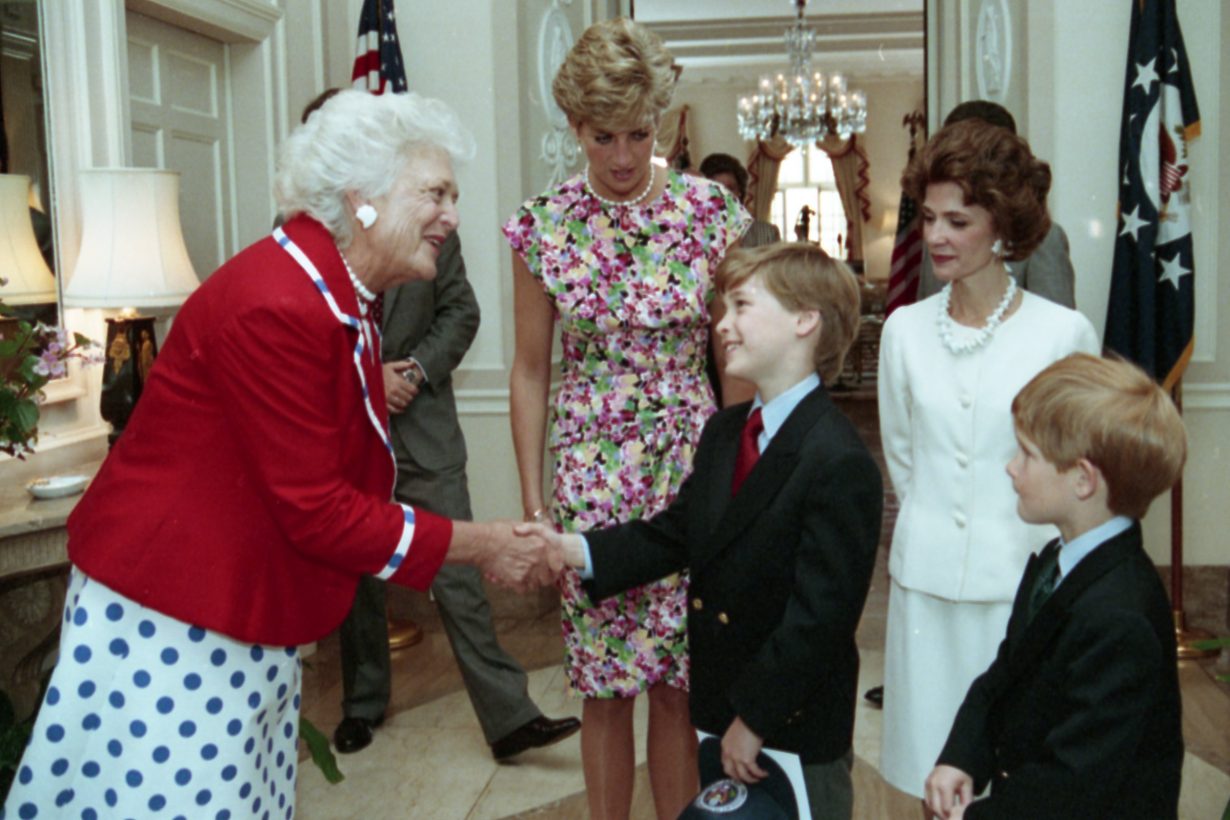Or why ressentiment is the prevailing moral attitude of the day
What do you get when you combine a disgruntled prince, the mother of all Oedipal complexes and a ghost-written memoir? The answer, of course, is Spare, Prince Harry’s tour de force of royal ressentiment (wrapped up in a very millennial tale). The book compiles a litany of grievances that range from the profound to the petty. Harry is wounded by his mother’s death, which he blames on the press. Later, he condemns the treatment of Meghan Markle by the media and his family. He also complains heartily about being the constitutionally less important brother: Harry got the smaller room at Balmoral as a child (‘Willy’ got the room with the ‘good-sized basin’); in his twenties he was given a mere single floor of Kensington Palace on ‘the lower ground floor’; William unfairly claimed the entire continent of Africa for public displays of do-gooding, despite knowing how many gap years Harry had taken in Lesotho.
Throughout Spare, Harry comes across as remarkably un-self-aware and desperate to be liked, an unsettling psychological state underpinned by the strangeness of the prose. The ghostwriter (J.R. Moehringer) has concocted a voice that combines Jilly Cooper and ‘Normal Bloke’. An anecdote about a friend who makes him ‘a bespoke cock cushion […] sewn from pieces of the softest fleece’ to prevent frostbite on a trip to the South Pole is peak posh porno. So too is the description of the older woman to whom he lost his virginity: ‘She liked horses, quite a lot, and treated me not unlike a young stallion. Quick ride, after which she smacked my rump and sent me off to graze.’ And then there is Mr Regular, buying clothes from TK Maxx, teaching great-granny ‘to say Booyakasha’, getting crap marks at school.
These two voices – of the prince playing up to a royal fantasy while attempting to convince the reader he is just like them – chafe against each other, which makes reading the book entertaining and also somehow wrong, like watching a therapy session in progress. This sensation is compounded by Harry’s relationship to Diana, whose memory he deifies. He remembers ‘kissing her soft neck, inhaling her perfume’, and after Diana’s death, describes seeing her in his school matrons, women he also had crushes on. (‘Confusing as hell.’) Later, he visits a medium in the US who confirms what he suspected: ‘Mummy’ is proud of his life choices. And then there is Markle, cast in the role of Diana reincarnate. When the press begin to hound her, Harry sees history repeating itself. This is partly because it was, with racism thrown into the mix. But it’s also because Harry appears locked in a psychological battle in which he must perform the task that nobody else could, or would: saving his mother from the press, the royal family, and ultimately from death. Perhaps Harry has found relief in publicly rescuing the sad princess by extracting her from the monarchy. But in continuing to repeat the trick – in interviews, books, podcasts – the couple have entrenched themselves in a perpetual state of victimhood that grows less convincing the more lucrative it becomes.

Spare is the fasting-selling work of nonfiction on record – and the latest example of the royal family’s status as big-budget international entertainment, aided by Netflix series The Crown (2016-), and the flourishing Diana death cult that produced the 2021 film Spencer, Pablo Larraín’s cloyingly lachrymose trauma fantasy starring Kristen Stewart as the doomed bulimic princess. Like lockdown or Brexit, the circus around Harry and Meghan’s departure from the monarchy has provided a popular moral drama in which the public is encouraged to pick a side. Either you believe the couple are fighting the good fight against a cold-hearted monarchy and a press that is racist and vindictive, or you think that Harry has sold out his family and traded his dignity for attention, money and a glamorous actress. As with all such battles, where you fall on the divide has become a way of identifying yourself as conservative or liberal: another binary that says more about the desire to belong and to declare yourself superior, than – god forbid – a curiosity about policy.
For the newspapers against whom Harry is busy waging his Oedipal war – and for Spotify, Netflix, Penguin and the other media organisations who have shelled out millions of dollars to the couple – it is neither profitable nor popular to suggest that both sides are right, and that in place of a moral high ground there is a cavernous hole. It is true that the British crown has shown itself willing to sacrifice the individual for the benefit of the institution. It is also true that Meghan was turned into a racist caricature by elements of the British press. Meanwhile, Harry and Meghan are happy to profit from selling intimate tales about themselves to a media they claim to abhor, maintaining a state of almost pathological naivety with regards to the inherent hypocrisy of their actions.
As his grandmother demonstrated, remaining tight-lipped and on display helps maintain the illusion of being above the masses – and it worked. But it’s incompatible with a man who, like many of his generation, considers himself the victim of a rigged system and believes his story must be heard. That even a royal is capable of seeing himself this way is indicative of the extent to which ressentiment is the prevailing moral attitude of the day. A prince who sees himself as an underdog, has no qualms in converting his trauma into a global brand and publishes confessional writing, is precisely the kind of royal our era deserves.
